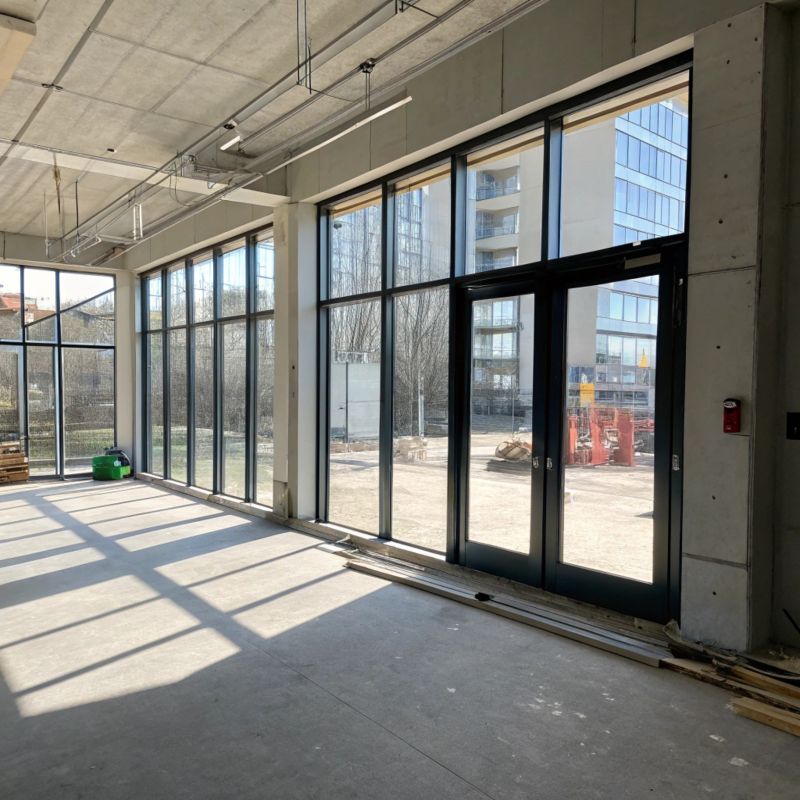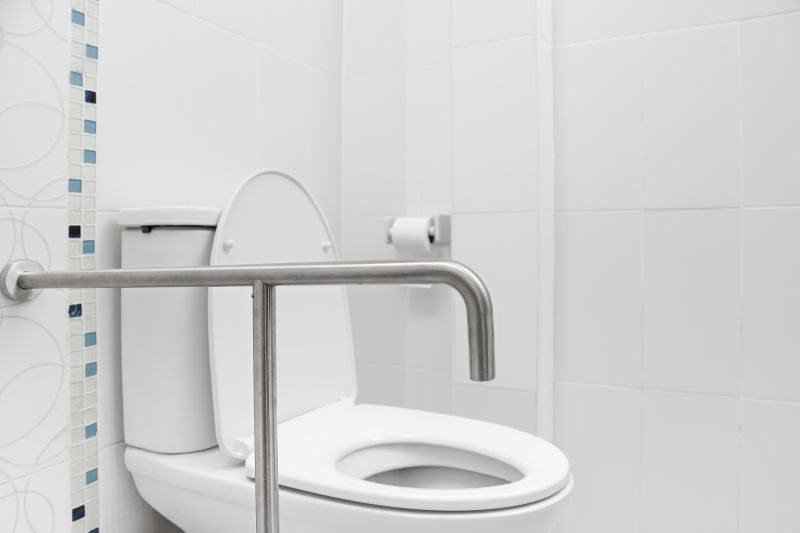Optimal Timing for Windows Installations
Choosing the optimal time for Windows installations can impact system performance and minimize disruptions. The best times typically align with periods of low activity or scheduled maintenance windows. Proper planning ensures smooth upgrades and reduces the risk of compatibility issues.
Spring and fall often provide favorable weather and lower workload periods, making them ideal for system updates.
Late evenings or early mornings are optimal when fewer users are active, reducing potential interruptions.
Scheduling installations outside of peak hours minimizes impact on productivity and allows for quicker troubleshooting if needed.
Aligning installations with planned maintenance windows ensures minimal disruption to daily operations.

Illustration of a typical Windows setup on a desktop.

Calendar and clock imagery representing optimal timing.

Pre-installation checks and backups being performed.

Ways to make Windows Installations work in tight or awkward layouts.

Popular materials for Windows Installations and why they hold up over time.

Simple add-ons that improve Windows Installations without blowing the budget.

High-end options that actually feel worth it for Windows Installations.

Finishes and colors that play nicely with Windows Installations.
Windows installations are a critical component of maintaining and upgrading computer systems. They often involve updating the operating system to improve security, add new features, and enhance compatibility with hardware and software. Proper timing ensures that these updates are seamless, reducing downtime and technical issues.

Backing up data to prevent loss during setup.

Progress of Windows setup on a screen.

System configuration and updates.

User accessing the new system interface.

Little measurements that prevent headaches on Windows Installations day.

A 60-second routine that keeps Windows Installations looking new.

A frequent mistake in Windows Installations and how to dodge it.

Small tweaks to make Windows Installations safer and easier to use.
| Timing Consideration | Best Practice |
|---|---|
| Weekends | Schedule during low activity periods. |
| Late Night/Early Morning | Perform updates outside of business hours. |
| Scheduled Maintenance Windows | Align with planned system downtime. |
| Seasonal Timing | Opt for spring or fall when possible. |
| System Readiness | Ensure backups and preparations are complete. |
Understanding the timing of Windows installations helps in minimizing operational disruptions and ensuring system stability. Properly scheduled updates contribute to the longevity and security of the operating environment, supporting ongoing productivity and security measures.

Tools used for managing and deploying Windows updates.

Steps to prepare for a successful Windows installation.

Configuring settings for optimal performance.

Monitoring tools to track system stability after installation.

Lower-waste or water-saving choices for Windows Installations.

The short, realistic tool list for quality Windows Installations.

Rough timing from prep to clean-up for Windows Installations.

Quick checks and paperwork to keep after Windows Installations.
Timing is a key factor in the success of Windows installations. Proper planning and execution help ensure a smooth transition, reduce downtime, and enhance system security. Regular updates and strategic scheduling are essential for maintaining a secure and efficient computing environment.
For those interested in scheduling Windows installations or seeking professional assistance, filling out the contact form provides a straightforward way to initiate the process. Proper timing and preparation are vital for optimal results.





